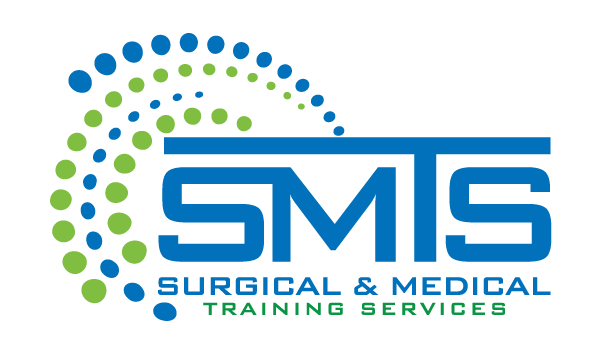The longer the medical profession performs a particular procedure or type of treatment, the more we learn about it. In this case, we are interested in new details about breast implants that were reported at presented at EHRA EUROPACE — CARDIOSTIM 2017. Specifically, a study performed by cardiologists at Princess Grace Hospital in Monaco suggests that breast implants could impede the accuracy of echocardiography.
Echocardiography is a diagnostic test that measures electrical activity in the heart. It is an important test for emergency room cases, and within cardiology practices, so the recognition of limitations imposed by breast implants is vital to patient care. Researchers in the Monaco study sought to determine the degree of impact implants may have on ECG testing because ultrasound waves in this test cannot penetrate through implant structures.
A total of 48 women were involved in the study; 28 of them had breast implants at the time of the study, and 20 did not. Health examination before study participation confirmed the absence of structural heart disease in all women. The electrophysiologists who read ECG recordings on all women were not informed of the presence of breast implants, nor other patient data, including the presence of structural heart disease, sex, and age.
Study results included:
- In the control group without implants, only one ECG was interpreted as abnormal, and only by one of the two electrophysiologists. That translated to 5% of the entire group.
- In the breast implant group, abnormalities were noted by one electrophysiologist in 38% of ECGs. The other reported abnormalities in 57% of readings.
These findings led researchers to conclude that abnormalities in electrocardiography are more likely to be noted in women with breast implants.
The specific abnormalities that were found are also a matter of importance. The women in this study who had breast implants displayed T-wave inversion through the chest leads (V1-V4), and subsequent ST depression. Inversion could be interpreted as coronary artery disease, while ST depression is an indicator of heart attack risk.
The more knowledgeable physicians are, the less likely they are to misdiagnose potentially serious health conditions. Patients should be advised to inform medical personnel of the presence of breast implants, and medical personnel should ask.
We are committed to the expansion of medical knowledge and skill. Do you have a skill you want to perfect? Contact SMTS – Surgical & Medical Training Services to discuss the training facilities we use and our programs.

